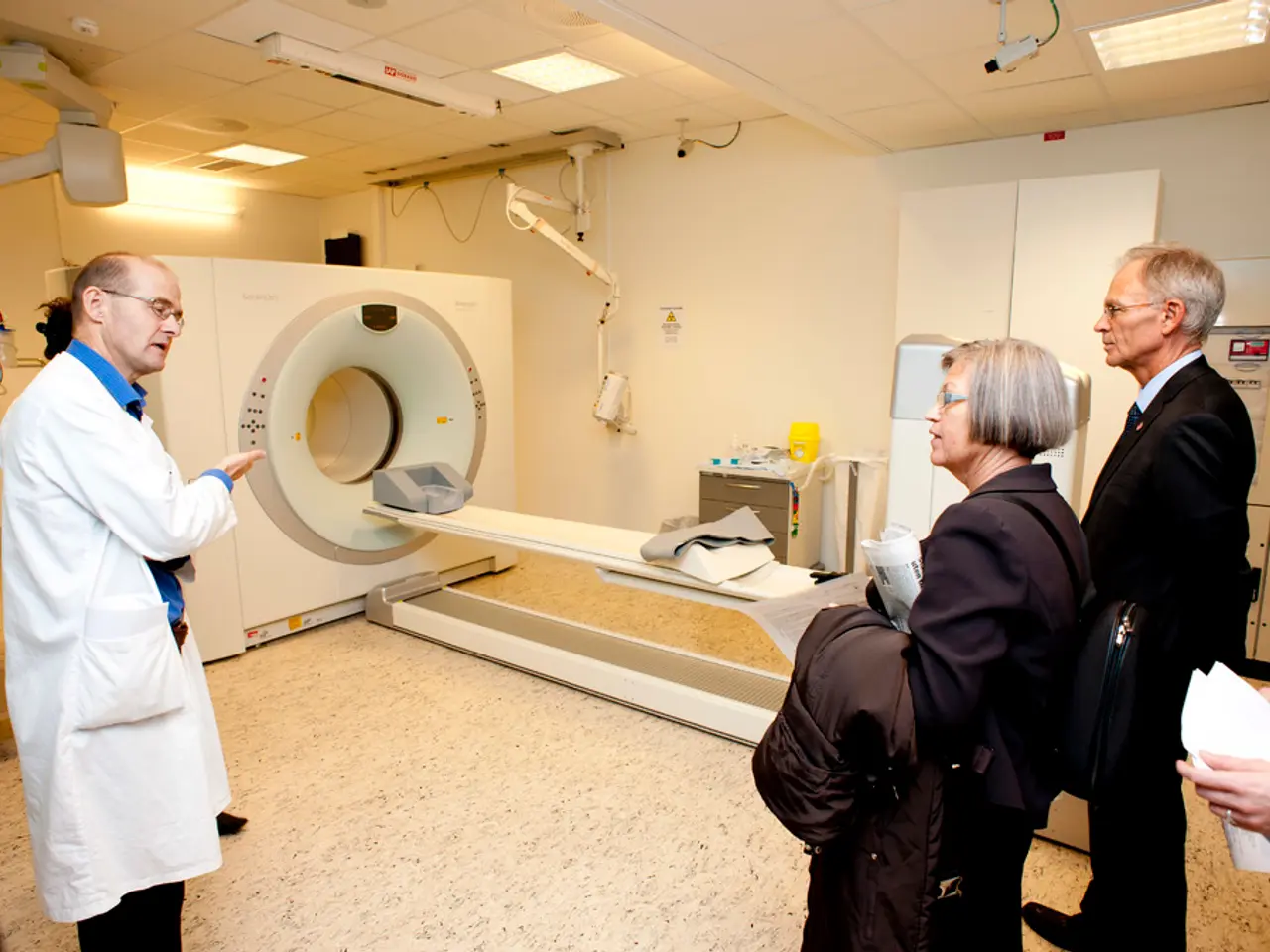Functioning and Anxiety Levels Among Autistic Children in Social Situations
Understanding Anxiety in Autistic Youth: The Role of Theory of Mind and Social Skills
A new study has shed light on the complex relationship between anxiety, social skills, and Theory of Mind (ToM) in autistic youth. The research highlights the importance of addressing ToM deficits and incorporating strategies to prevent bullying experiences in anxiety interventions for autistic youth.
The Impact of Theory of Mind on Social Anxiety and Functioning
The study found that ToM is highly interconnected with other social variables, underscoring its potential importance in social skill development and peer relationships for autistic youth with anxiety. Difficulties with ToM, often referred to as "mind blindness," make it challenging for autistic individuals to navigate the complex, ambiguous, and emotionally nuanced aspects of social interactions, contributing to social anxiety and impaired social functioning.
Key findings include:
- ToM deficits in autism can persist into adulthood, affecting moral reasoning and social cognition related to understanding others’ intentions, beliefs, and emotions.
- Autistic individuals score lower on standardized ToM tasks compared to neurotypical peers, reflecting difficulties in social attribution and understanding interactions even from childhood.
- These ToM impairments correlate with heightened social anxiety, as not being able to intuit others’ mental states creates uncertainty and fear in social situations, leading to withdrawal or increased stress during social encounters.
Promising Interventions for Improving Social Outcomes
Enhancing ToM through targeted interventions, such as humanoid robot-assisted training, shows promise in improving social cognition and potentially reducing social anxiety by helping autistic individuals better interpret social cues. Additionally, more holistic approaches, like mindfulness and acceptance techniques, can help autistic individuals manage anxiety that arises from social difficulties related to ToM deficits by fostering self-awareness and coping strategies.
The Need for Tailored Interventions
The study also found that autistic children with distinct social fears (not related to fear of negative evaluation) showed more difficulty with ToM compared to those with traditional social anxiety disorder. This suggests that different mechanisms may underlie various presentations of social anxiety in autism, and interventions should be developed and evaluated that specifically target the unique social-cognitive profiles associated with different presentations of anxiety in autism.
Clinicians should be aware of the potential for distinct presentations of social anxiety in autism and tailor interventions accordingly, potentially incorporating ToM training for those with atypical social fears.
Addressing Bullying Experiences
The study found an association between bullying experiences and multiple anxiety disorders in autistic children, underscoring the need for targeted interventions to address peer victimization. Anxiety interventions for autistic youth should incorporate strategies to address and prevent bullying experiences to promote positive social outcomes.
Methodological Strengths and Limitations
The study had methodological strengths, including a multimethod, multi-informant approach, large sample size, advanced statistical techniques, and consideration of both traditional and distinct presentations of social anxiety in autism. However, it also had limitations, such as a cross-sectional design, reliance on parent report for most measures, a treatment-seeking sample with relatively higher IQ, a predominantly male and White sample, and a small sample size for the group with distinct social fears.
Future longitudinal research is needed to clarify the developmental trajectories and causal relationships between social functioning and anxiety in autism.
Conclusion
Impaired Theory of Mind in autism contributes to social anxiety and diminished social functioning by limiting the individual's ability to interpret and predict others’ behaviors, leading to challenging social experiences and emotional distress. Addressing ToM deficits through both cognitive training and supportive psychological methods may improve social outcomes and reduce related anxiety. Comprehensive social skills programs that address multiple facets of social functioning simultaneously may be more effective than those focusing on isolated skills. Recognizing and addressing anxiety, while considering ToM abilities, is crucial for improving overall quality of life for autistic individuals.
- The complicated relationship between anxiety, social skills, and Theory of Mind (ToM) in autistic youth is a key focus of current research.
- The study revealed that difficulties with ToM can significantly affect social skill development, peer relationships, and mental health in autistic youth with anxiety.
- Impairments in ToM, often referred to as "mind blindness," can lead to social anxiety, impaired social functioning, and even difficulties in moral reasoning.
- Targeted interventions like humanoid robot-assisted training and mindfulness techniques hold promise for improving social cognition and reducing social anxiety.
- Distinct social fears in autistic children may require tailored interventions, with a specific focus on improving ToM abilities.
- Bullying experiences are associated with multiple anxiety disorders in autistic children, emphasizing the importance of including strategies to prevent bullying in anxiety interventions.
- The study's methodological strengths include a multimethod, multi-informant approach, large sample size, advanced statistical techniques, and consideration of both traditional and distinct presentations of social anxiety in autism.
- Future longitudinal research is required to better understand the developmental trajectories and causal relationships between social functioning and anxiety in autism.
- Improving overall quality of life for autistic individuals requires recognizing and addressing anxiety while considering ToM abilities, and comprehensive social skills programs may be more effective than those focusing on isolated skills.




